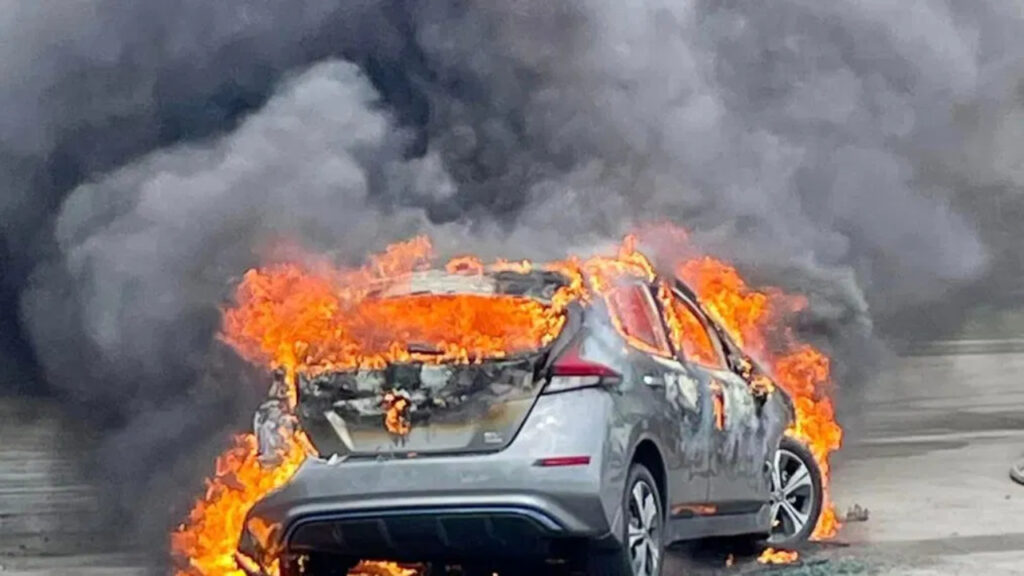Electric vehicles (EVs) are becoming popular in India. EVs are green, save fuel, and cost-effective to run. But sometimes we come across news of EVs catching fire. That frightens us. So, why does it happen? Is it really dangerous? In this blog, we will explain the real reasons in a very simple manner and also provide useful safety tips.
Why Does an EV Catch Fire?
1. Overheating of the battery
The most frequent cause is the battery overheating. EVs employ lithium-ion batteries. When the battery is low-quality or faulty, the battery can heat up and fire. This is referred to as “thermal runaway.”
2. Fast Charging Issues
Although quick charging saves time, it creates additional heat as well. If the cooling system of the battery is weak, it can raise the risk of fire.
3. Defective Manufacturing
Some EVs have defective wiring or poor-quality battery cells. If the parts are not properly tested, there is a higher chance of short circuits or other problems.
4. Accidents and Physical Damage
If an EV is in an accident or the battery is severely struck, the damaged part can catch fire later—even if it looks fine from the outside.
5. Poor Charging Conditions
Charging your EV in the sun, in water, or with local/unofficial chargers can be hazardous. It might cause overheating or short circuits.
The Truth – Are All EVs Hazardous?
No, all EVs are not hazardous. The majority of electric vehicles are safety-tested. Famous companies follow safety laws and provide good-quality batteries. Electric vehicle fires are rare and usually happen due to negligence, bad-quality batteries, or defective components.
Safety Tips for EV Owners
Buy from known brands – Don’t buy unknown or very cheap EVs.
Charge with company-approved chargers – Charge always with original chargers and cables.
Don’t overcharge – Pull away the EV when charging is complete.
Don’t charge in hot environments – Charge in a cool and safe spot.
Clean your EV periodically – Check battery condition during cleaning.



